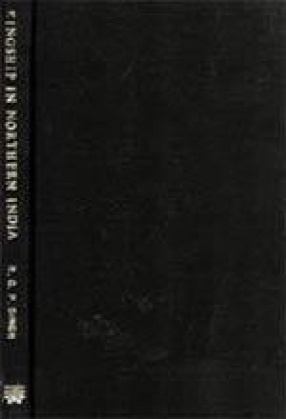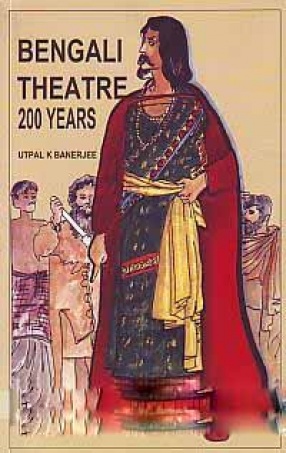A distinctive feature of the political organization of Northern India in post-Gupta times is the emergence of centrifugal forces. The country was divided into several kingdoms, each trying to gain at the cost of others. Muslims took advantage of it and succeeded in snatching away the Indian sovereignty. We can better understand the situation if we examine the type of kingship in early mediaeval period. The book begins with a review of the different sources that were used in course of our study, and in the following chapter attempts have been made to explain the concept of kingship. A comparison between Indian concept and Roman concept of kingship as shown in Dante has been attempted. It is followed by an exposition of Magical and Divine Origin of Kingship. An analysis of the available materials shows that the Divinity of the king was both claimed and recognized by the Indians of our period. The book also shows how the rulers of the period possessed political, social, religious, judicial and military powers in their kingdoms. These characteristics of Indian kings remind us of the absolute monarch of Aristotle. It seems that numerous duties were assigned to the king but their performance depended on the personality of the king.
Incomplete Partition: The Genesis of the Kashmir Dispute: 1947-1948
Fifty years on, the Kashmir ...
$28.50
$30.00





There are no reviews yet.